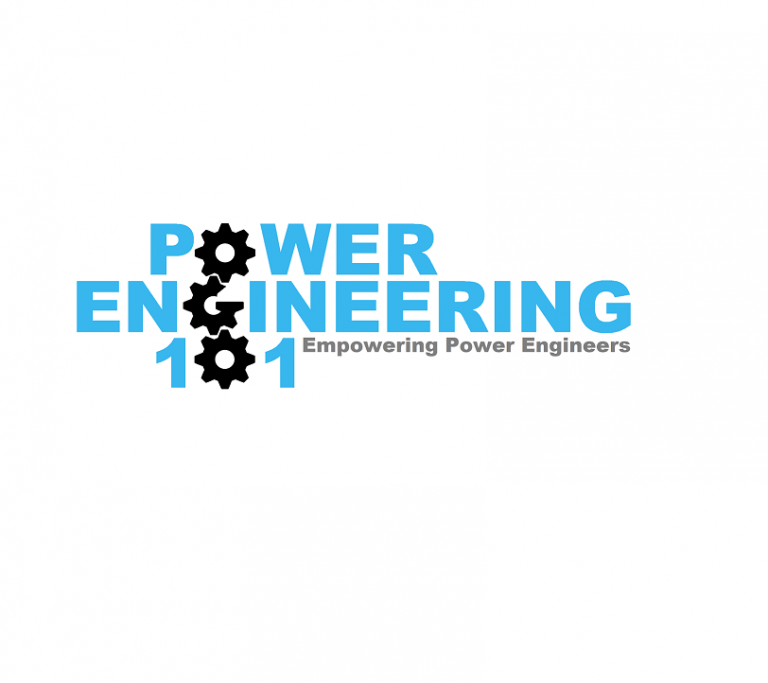Compressor Operator Course
7
Study Guides &
Practice exams
Unlimited
Support from expert tutors
Entry-level
Prerequisite
40-60 Hours
Self Paced learning
Guaranteed
Exam Success
Current Status
Price
Get Started
Overview
This Compressor Operator course is specifically designed to prepare you for your Compressor Operator certification exam. Our focused study guides and practice exams ensure that you are learning the exact content required to pass, with no unnecessary distractions.
You’ll have six months of full access to the course, with free reactivations if needed. The self-paced format allows you to study at your own speed, and unlimited 1-on-1 support from expert tutors is always available. Our structured practice exams simulate real test conditions, helping you track your progress and focus on areas that need improvement.
We guarantee exam success. Our proven approach will prepare you with the confidence and knowledge needed to excel.
Required Resources
- Compressor Operator Guide
- Academic Suppliment
- Jurisdictional Safety Acts
- CSA Codes Extract
Learning Path
Study Guides & Practice Exams provided for each section
Covers the theory of air and gas compression, emphasizing how altitude, temperature, and humidity affect compression. Operators learn about pressure types, compressor displacement, and volumetric efficiency, which are critical for optimizing compressor performance in varying environmental conditions.
Reviews reciprocating, rotary, centrifugal, and axial compressors, each with unique design, operation, and application characteristics. Operators gain a detailed understanding of each type’s strengths and limitations, preparing them to select the appropriate compressor for different tasks and manage compressor maintenance effectively.
Focuses on auxiliary systems that support compressor efficiency, such as intercoolers, aftercoolers, air filters, and dryers. This section also covers air receivers and safety inspections, highlighting the role of auxiliary equipment in maintaining air quality, system efficiency, and safe operation in industrial environments.
Teaches methods to control compressor output, including variable speed control, suction line adjustments, and clearance volume adjustments. This section emphasizes routine operational checks, lubrication methods, and preventive maintenance for safe and efficient compressor function, helping operators prevent equipment failures.
Chapter 1 – Environment Introduction
Chapter 2 – Emissions Gas & Noise
Chapter 3 – Liquids & Solids
Environment Final Exam
Introduces legal compliance, focusing on relevant legislation such as the Technical Standards & Safety Act and the Boilers and Pressure Vessels Regulation. Operators learn to interpret and apply these codes, which govern compressor operation, maintenance, and safety protocols, ensuring plant operations adhere to industry standards.
Reviews general and specific safety precautions for compressor operation, addressing risks like gas leaks, pressure hazards, and equipment malfunctions. This section includes emergency procedures, safety devices, and personal protection practices to prevent accidents and manage plant safety effectively.

Key Features
- Self Paced system allowing flexibile preparation
- Study guides to ensure you focus on the right material
- Practice Exams to test your knowledge
- Intuitive feedback to ensure structured studying
- Unlimited 1-on-1 tutoring support
- Follows the SOPEEC syllabus
- Updated regularly to ensure content is relavent

